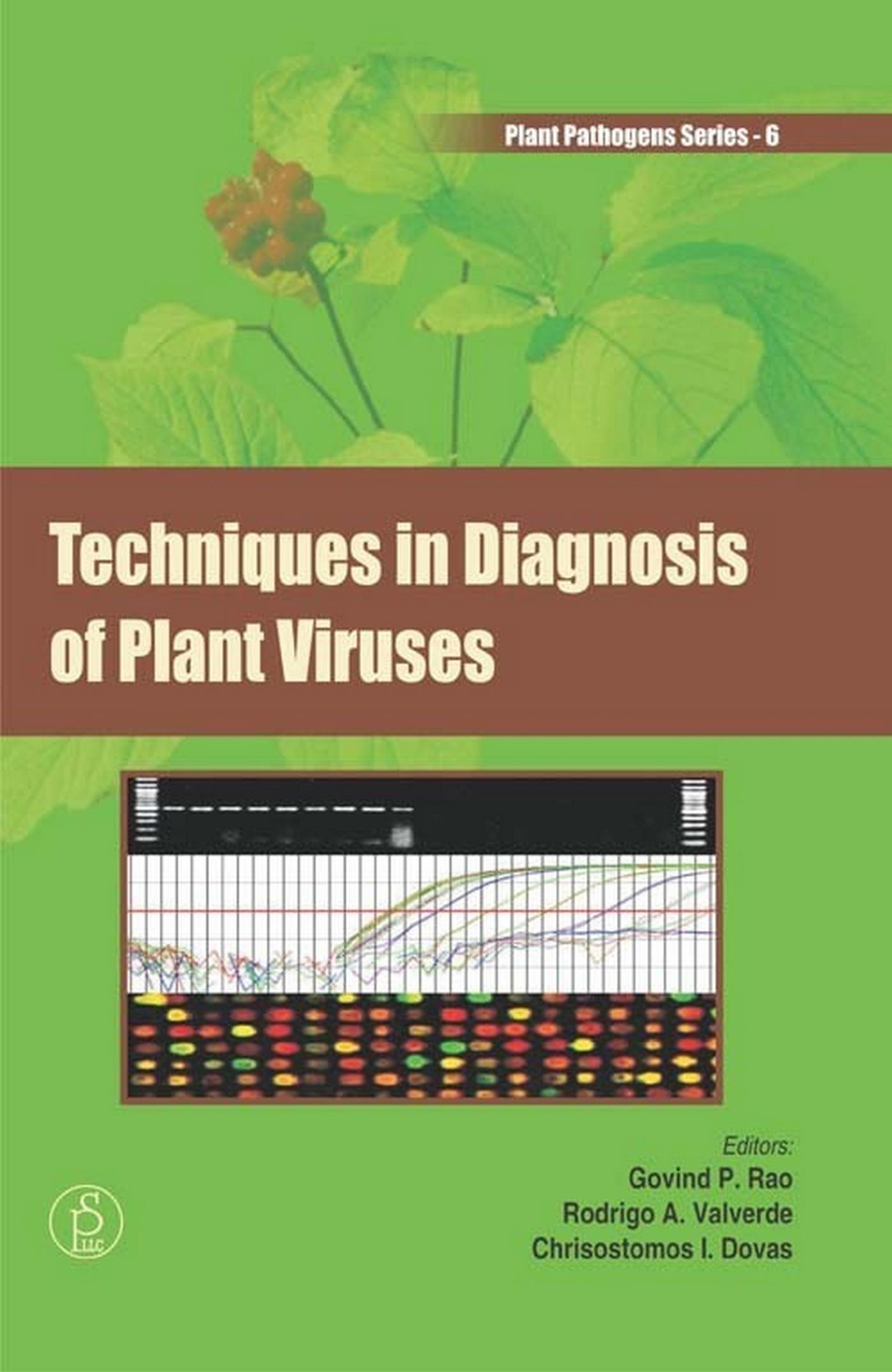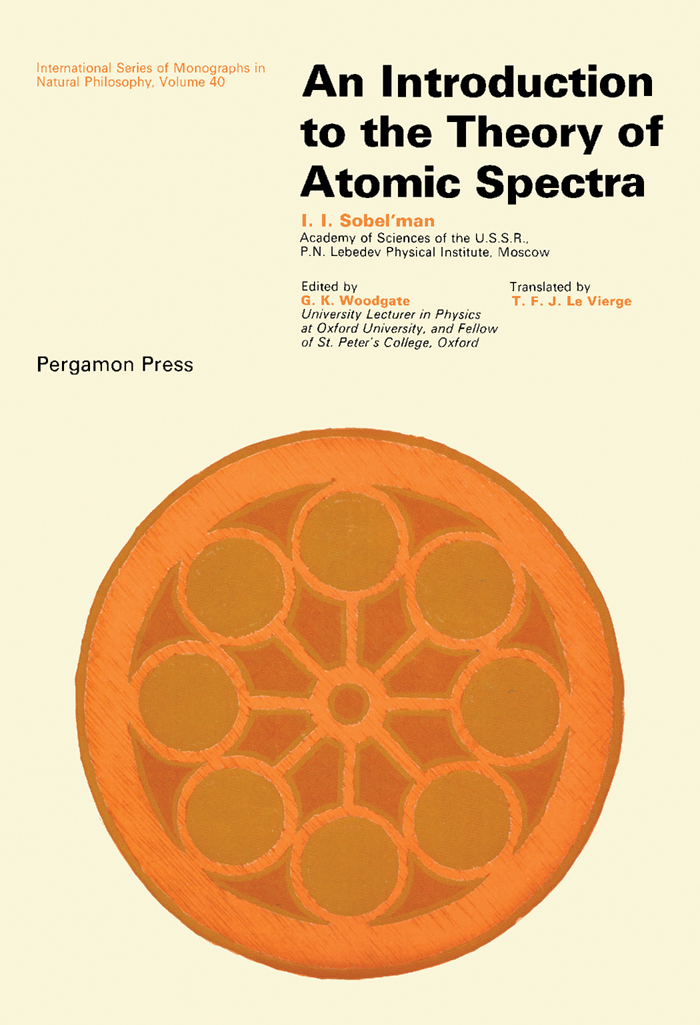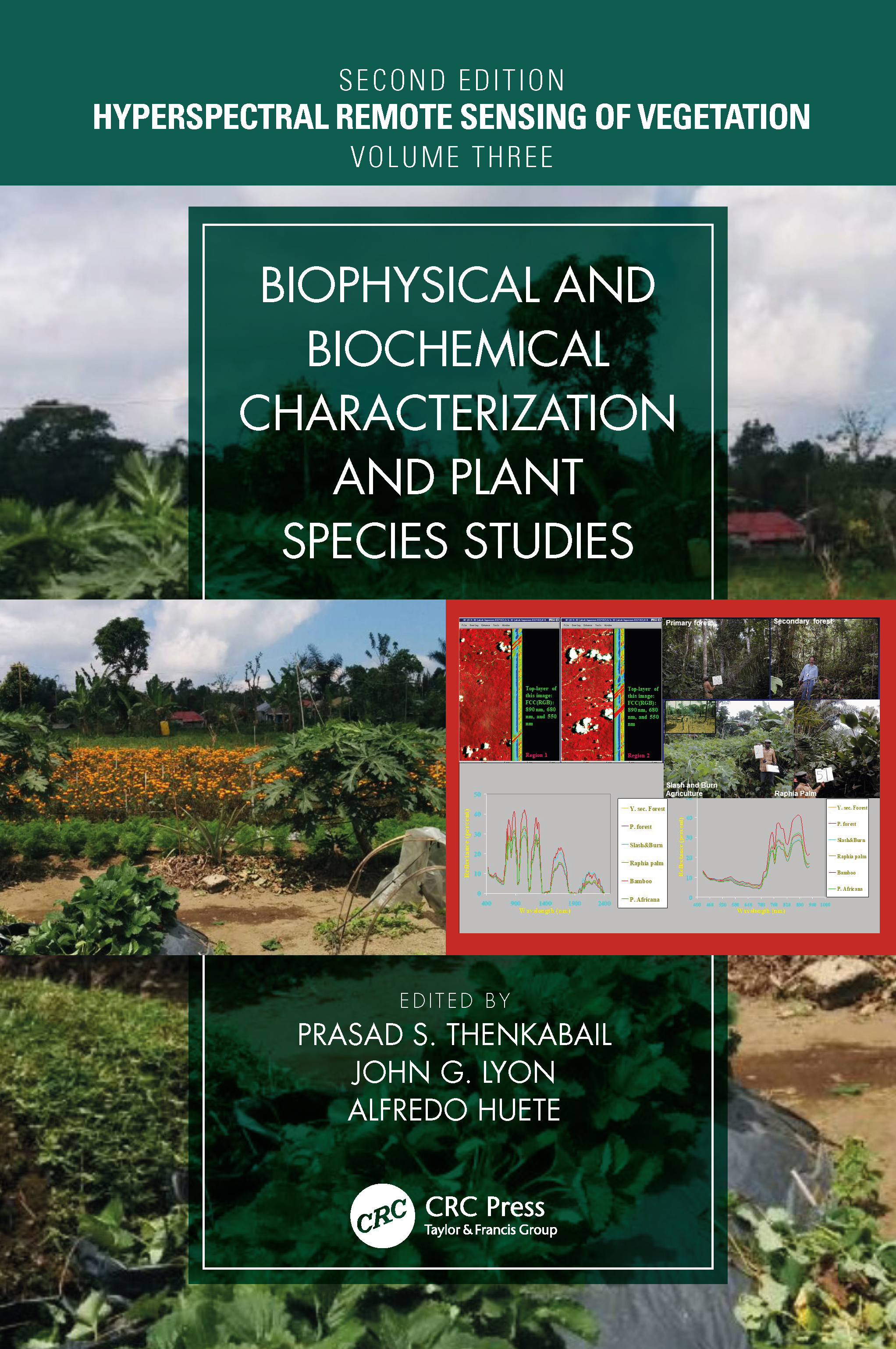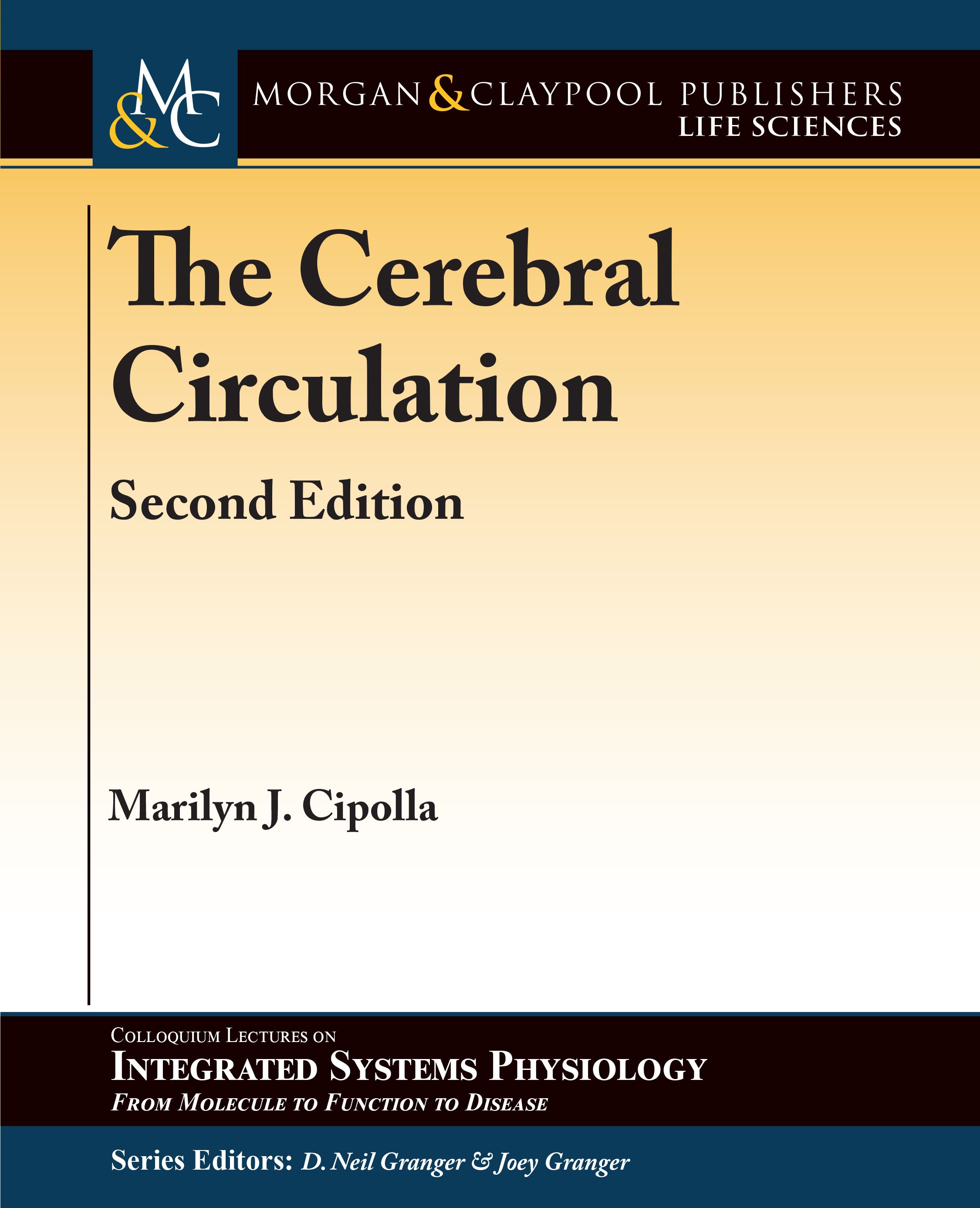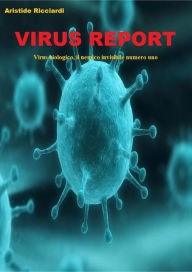Techniques in Diagnosis of Plant Viruses
by Govind P. Rao
2020-07-22 11:23:25
Techniques in Diagnosis of Plant Viruses
by Govind P. Rao
2020-07-22 11:23:25
Diagnosis of plant viruses can be difficult when one is dealing with unstable viruses, unusual strains, or viruses infecting woody plants. Methods used in virus diagnosis include observation of symptoms on inoculated indicator plants, detection of vi...
Read more
Diagnosis of plant viruses can be difficult when one is dealing with unstable viruses, unusual strains, or viruses infecting woody plants. Methods used in virus diagnosis include observation of symptoms on inoculated indicator plants, detection of virus-induced cellular inclusions by light or/and electron microscopy, test of the vector capability of certain insects, serology, and detection of the viral nucleic acids. The usefulness of each method depends on the virus and the host. Diagnosis based on the use of indicator plants is not reliable because plant reactions and symptoms vary depending on environmental conditions, plant cultivars, and virus strains. Other methods, such as electron microscopy, tests of vector capability, and detection of viral nucleic acids by means of radioactive probes, may not be practical for some laboratories. Serology is the most widely used method for virus diagnosis. Some new techniques include immunological methods, electrophoretic analysis of dsRNA profiles, molecular hybridization, PCR, and/or reverse transcription (RT)-PCR. In most of these assays, usually one pathogen is detected per assay. DNA microarrays have the ability to simultaneously display the expression of thousands of genes at a time, thus it is a powerful tool for genetic analysis. Other techniques such as RT-PCR using degenerate primers and dsRNA as template, the use of dsRNA analysis as detection tool, detection of viruses belonging to different families with a single pair of PCR primers, the use of monoclonal antibodies, and the use of spot nested RT-PCR and degenerate dl-containing primers are discussed. This book is part of the multi-volume Plant Pathogens Series. The present volume contains 13 chapters on different techniques being frequently used by scientists worldwide in diagnosing plant viruses.
Less


